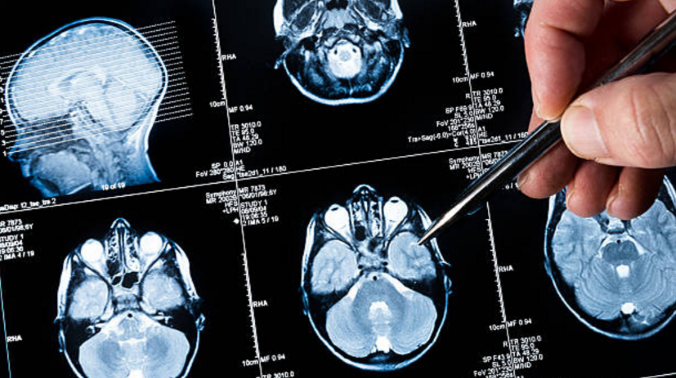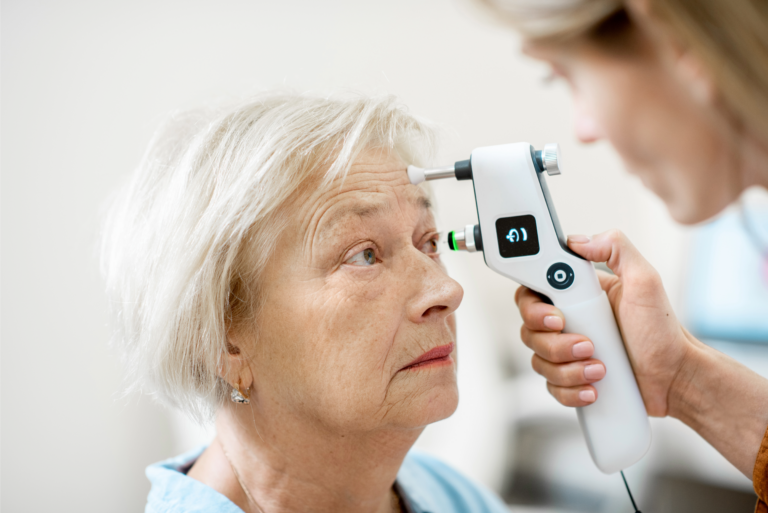Cannabis Effective in Treating Epilepsy: Promising Findings from Recent Studies
Introduction
Epilepsy is a neurological disorder that affects millions of people worldwide. It is characterized by recurring seizures, which can be debilitating and have a significant impact on an individual’s quality of life. While there are several medications available to manage epilepsy, they may not be effective for everyone and can often cause adverse side effects.
In recent years, there has been growing interest in the potential use of cannabis as a treatment for epilepsy. Cannabis, also known as marijuana, contains compounds known as cannabinoids that have shown promise in reducing seizure frequency and severity. Recent studies have provided encouraging results, offering hope for individuals with epilepsy who have not responded well to traditional treatments.
Promising Findings from Recent Studies
A number of recent studies have explored the efficacy of cannabis in treating epilepsy, particularly in children with treatment-resistant forms of the condition. Here are some of the noteworthy findings:
1. The Epidiolex Trial
The Epidiolex trial, a landmark study published in the New England Journal of Medicine, examined the effects of a purified form of cannabidiol (CBD) on children with Dravet syndrome, a severe form of epilepsy that is notoriously difficult to control. The study found that CBD significantly reduced the frequency of seizures compared to a placebo.
Read more about the Epidiolex trial here.
2. CBD Oil and Lennox-Gastaut Syndrome
A study published in the journal Lancet Neurology investigated the use of CBD oil in patients with Lennox-Gastaut syndrome, another severe form of epilepsy. The results showed a significant decrease in seizure frequency among the participants who received CBD oil compared to those taking a placebo.
Learn more about the study on CBD oil and Lennox-Gastaut Syndrome here.
3. Observational Study on Cannabis Extracts
An observational study conducted by researchers at the University of Sydney examined the use of cannabis extracts in children with epilepsy. The study found that almost half of the participants experienced a significant reduction in seizure frequency, with some becoming seizure-free altogether.
Read more about the observational study on cannabis extracts here.
Conclusion
While more research is needed to fully understand the potential benefits and risks of using cannabis in the treatment of epilepsy, the findings from recent studies have been encouraging. For individuals who have exhausted other options and continue to experience seizures, cannabis-based treatments offer hope for a better quality of life. It is crucial, however, that any cannabis-based treatment is carried out under the supervision of a qualified healthcare professional.
Share:



